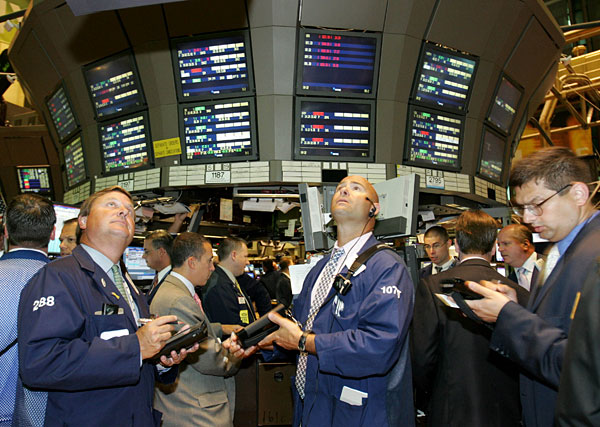Last chance to save on Digiday Publishing Summit passes is February 9

The jury’s still out on private exchanges. Publishers remain reluctant to sell anything but bottom-of-the-barrel remnant inventory through them despite the control they supposedly offer, and agencies say they continue to create inefficiencies on their side of the equation. Now, they’re coming to video, the highest priced of online ads.
Record label-owned music-video publisher Vevo this week opened what appears to be the first private exchange for video. The company admits it has little idea whether or not it will ever play a significant part in its monetization efforts but said it wants to be prepared either way. The idea is to bring the transactional efficiencies of programmatic buying to bear on pre-roll video ads that often command healthy premiums.
“Rather than running away from it, we want to embrace it,” said Vevo’s vp of yield management, Welby Chen. “We don’t know how this space is going to evolve, but we want to be in a position where we can evolve with it.”
Private exchanges are often presented as the best of both worlds for top-notch publishers, wary of having their inventory devalued in exchanges where audience characteristics often trump content quality. The idea is to provide a protected environment, where publishers can be sure their top customers aren’t buying around sales teams and controls on data are ironclad. In reality, this has been difficult to achieve, as many publishers have found that with all their safeguards, the demand simply isn’t there.
According to Chen, the company has no plans to participate in open exchanges but felt comfortable experimenting with a private one. It’s currently in the process of opening up access to those advertisers with which it has established direct relationships.
In addition to accommodating the changing needs of its advertisers, Vevo hopes its exchange will help it better access direct-response budgets, too. Its clients are typically brand-focused and buy on a guaranteed basis through direct relationships, but it hopes selling its remnant inventory on an audience basis will generate incremental revenues from new performance-based clients, too.
“We want to do this in a way that generates a complementary revenue stream that doesn’t cannibalize our direct efforts. Our approach is to launch this, get feedback, and see how exactly we can do that.”
But for the moment, the priorities for the exchange are more around learnings than revenues. Ultimately Vevo is in the same boat as most publishers, in the video space and elsewhere, when it comes to exchanges. They still have little idea what they will mean for their business medium to long term.
“It’s still so early. Nobody knows what’s going to end up happening, but it’s important for us to at least have those channels ready,” Chen said.
More in Marketing

In Q1, marketers pivot to spending backed by AI and measurement
Q1 budget shifts reflect marketers’ growing focus on data, AI, measurement and where branding actually pays off.

GLP-1 draws pharma advertisers to double down on the Super Bowl
Could this be the last year Novo Nordisk, Boehringer Ingelheim, Hims & Hers, Novartis, Ro, and Lilly all run spots during the Big Game?

How food and beverage giants like Ritz and Diageo are showing up for the Super Bowl this year
Food and beverage executives say a Super Bowl campaign sets the tone for the year.





